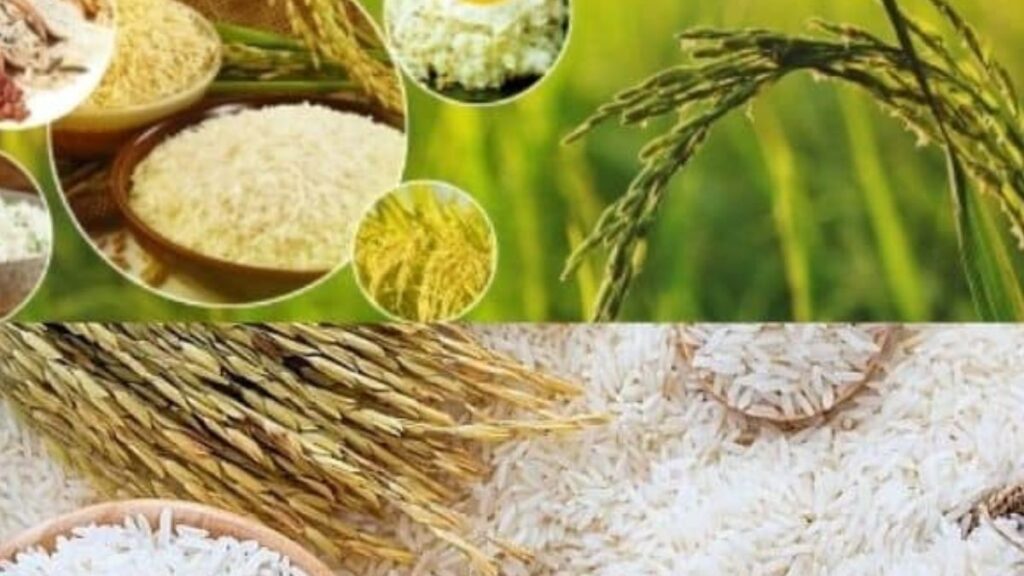Rice is one of the most consumed staple foods across the world, forming the foundation of countless meals in various cultures. From daily home-cooked dishes to gourmet cuisines, rice remains a non-negotiable pantry essential. The demand for premium-quality rice has led to the growth of a robust network of rice wholesalers who ensure consistent supply to retailers, restaurants, caterers, and export markets. This article delves into the role, benefits, and key considerations of working with rice wholesalers, particularly in today’s dynamic food supply chain.
Understanding the Role of Rice Wholesalers
Rice wholesalers act as the critical link between manufacturers or millers and end distributors, such as grocery stores, bulk buyers, and food businesses. Their job isn’t limited to just transporting large volumes of rice; it involves maintaining quality standards, managing storage, negotiating with suppliers, and ensuring timely delivery.
By purchasing in bulk from manufacturers or directly from rice mills, wholesalers can provide competitive pricing, which benefits small retailers and foodservice providers. This system enables cost-effective and efficient distribution, reducing gaps in the food supply chain.
Types of Rice Supplied by Wholesalers
Rice wholesalers typically offer a broad selection of rice varieties to meet diverse consumer and commercial needs. These include:
- Basmati Rice: Known for its long grain, aroma, and fluffiness, basmati is popular in India, the Middle East, and among global culinary experts.
- Non-Basmati Rice: Includes varieties like Sona Masoori, IR64, and Ponni, commonly used in daily meals.
Brown Rice: A whole grain option gaining popularity among health-conscious consumers.
- Parboiled Rice: Treated through a steam-pressure process, offering better nutrition and firmer texture.
- Broken Rice: Often used in brewing, animal feed, and affordable meal preparation.
Each variety has unique qualities, and rice wholesalers must stock them according to demand in different markets.
Importance of Rice Wholesalers in the Food Supply Chain
The significance of rice wholesalers extends beyond simply moving goods from point A to point B. They contribute to:
1. Market Accessibility
By aggregating and distributing large volumes of rice, wholesalers ensure that remote and small markets have access to the same quality of grains found in urban centers.
2. Price Stability
Wholesalers help moderate price fluctuations in the rice market by maintaining steady supply levels. Their ability to store and release inventory strategically keeps rates competitive.
3. Bulk Supply Management
Restaurants, hotels, and caterers rely on consistent bulk orders. Wholesalers streamline this process by offering large quantities with reliable logistics and predictable pricing.
4. Customized Packaging and Branding
Many rice wholesalers also offer private labeling and custom packaging solutions, helping retailers promote their brand while maintaining quality control.
Basmati Rice Manufacturing
One of the most sought-after rice varieties offered by wholesalers is basmati rice. Basmati rice manufacturing involves careful harvesting, processing, and aging to ensure the grains develop their signature aroma and length. After harvesting, the rice is dried, dehusked, and polished using modern milling techniques. It is then stored in ideal conditions to enhance its flavor and texture over time. Wholesalers source this premium rice from certified manufacturers and bring it to the commercial market in various grades, ensuring consistent quality for both local and international buyers.
Benefits of Buying from Reliable Rice Wholesalers
Choosing the right wholesale partner can offer several advantages:
1. Cost Savings
Buying in bulk directly from wholesalers often comes with significant discounts, which helps businesses improve profit margins.
2. Assured Quality
Top rice wholesalers follow strict quality assurance protocols, conducting regular inspections and lab tests to ensure purity, aroma, and grain consistency.
3. Diverse Product Options
With a wide range of rice varieties available, businesses can cater to various customer preferences — from fragrant biryani rice to everyday short-grain options.
4. Supply Chain Efficiency
Established wholesalers typically have robust logistics networks that ensure timely delivery, even in peak demand seasons.
5. Global Sourcing
Wholesalers with international ties can source rice from different countries, providing better variety and seasonal availability.
Tips for Choosing the Right Rice Wholesaler
If you’re a retailer or food business owner looking to collaborate with rice wholesalers, consider the following:
- Reputation: Check reviews, testimonials, and market feedback.
- Certifications: Ensure the wholesaler complies with food safety and quality standards (e.g., ISO, HACCP).
- Pricing and Payment Terms: Compare costs and terms to ensure transparency and affordability.
- Delivery Network: Opt for wholesalers with a proven track record in logistics and on-time delivery.
- Customer Support: Reliable communication and responsive service can prevent delays and misunderstandings.
Growing Trends in the Rice Wholesale Industry
The rice wholesale sector is evolving with changing market dynamics and consumer behavior. Some notable trends include:
- Organic Rice Demand: Health-conscious buyers are pushing demand for organic and pesticide-free rice.
- Sustainability Practices: More wholesalers are working with eco-friendly packaging and sustainable farming sources.
- E-commerce Integration: Digital platforms and B2B marketplaces are helping wholesalers connect with a wider audience.
The industry is also seeing increased investment in infrastructure and automation, allowing wholesalers to maintain quality while expanding capacity.
Final Thoughts
In today’s fast-paced and quality-driven food industry, rice wholesalers play a pivotal role in delivering premium grains to every corner of the market. From sourcing top-grade rice like basmati and parboiled varieties to ensuring affordability and quality, these wholesalers form the backbone of the rice supply chain.
Whether you’re a retailer, a restaurant owner, or a food exporter, partnering with trusted rice wholesalers ensures your business receives timely, consistent, and cost-effective rice supplies. In a market where consumer preferences are evolving rapidly, these wholesalers adapt quickly to meet demand — offering not just rice, but reliability, variety, and long-term value.






